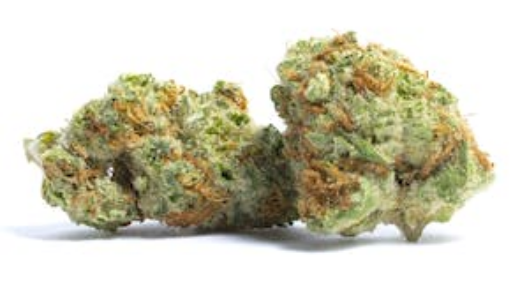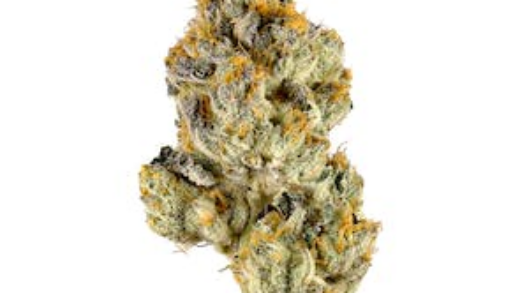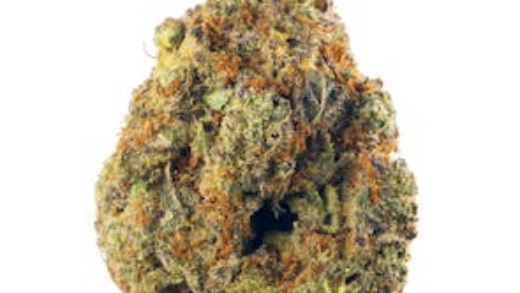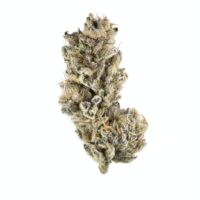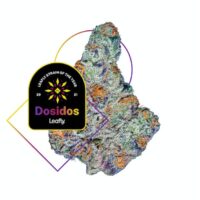A recent study, which benefited from federal funding, discovered that there’s a notable correlation between marijuana use and decreased opioid cravings among individuals using these drugs without prescriptions. This indicates that broadening legal access to cannabis could offer a safer alternative for many individuals.
The research was carried out by experts from the British Columbia Centre on Substance Use and UCLA. Between December 2019 and November 2021, they engaged with 205 individuals who consume both cannabis and opioids without medical oversight. Their goal was to determine whether cannabis serves as a viable means of reducing harm during the current overdose epidemic.
Results from the study, available in the International Journal of Drug Policy, revealed that 58% of respondents consumed marijuana to alleviate opioid urges. Additionally, a comprehensive analysis demonstrated a strong correlation between marijuana consumption and self-reported decreases in opioid use.
Highlighting the uniqueness of their work, the researchers pointed out that this was the maiden study to delve into the “effects of purposeful cannabis consumption in managing opioid urges,” especially among those sourcing pain relievers from potentially hazardous unregulated markets.
The study stated, “The data suggests that the intention behind many people’s cannabis use is to handle their opioid cravings. During times they consume cannabis, they notice a reduction in their opioid intake.” The authors further noted the potential of increasing cannabis product availability for therapeutic purposes to counteract the dangers associated with unregulated opioid consumption, particularly in the midst of the drug toxicity crisis.
This study was financially supported by both the U.S. National Institutes of Health (NIH) and the Canadian Institutes of Health Research (CIHR). Notably, one among the seven authors revealed his professorial role, sponsored by Canopy Growth, a cannabis firm, at the University of British Columbia, focused on marijuana research.
This study joins a growing body of scientific work that suggests marijuana might act as an alternative to various legal and illegal substances and prescribed medications.
For instance, a study from the previous month connected medical marijuana consumption to diminished pain and lesser reliance on opioids and other prescribed drugs. Meanwhile, research from the American Medical Association (AMA) in February unveiled that long-term medical cannabis patients experienced significant drops in their opioid prescriptions.
Furthermore, AMA research found that roughly one-third of chronic pain sufferers turn to cannabis for relief, with a majority substituting it for other pain relief medications, opioids included.
State-driven marijuana legalization is also believed to significantly decrease codeine prescriptions, as indicated by a study using data from the federal Drug Enforcement Administration (DEA).
Another study from the previous year found that legal medical cannabis access can encourage patients to reduce or even halt their opioid consumption without diminishing their quality of life.
Many reports, both data-driven and anecdotal, as well as observational studies, indicate that some individuals prefer cannabis over traditional pharmaceuticals like opioids and sleep aids.

